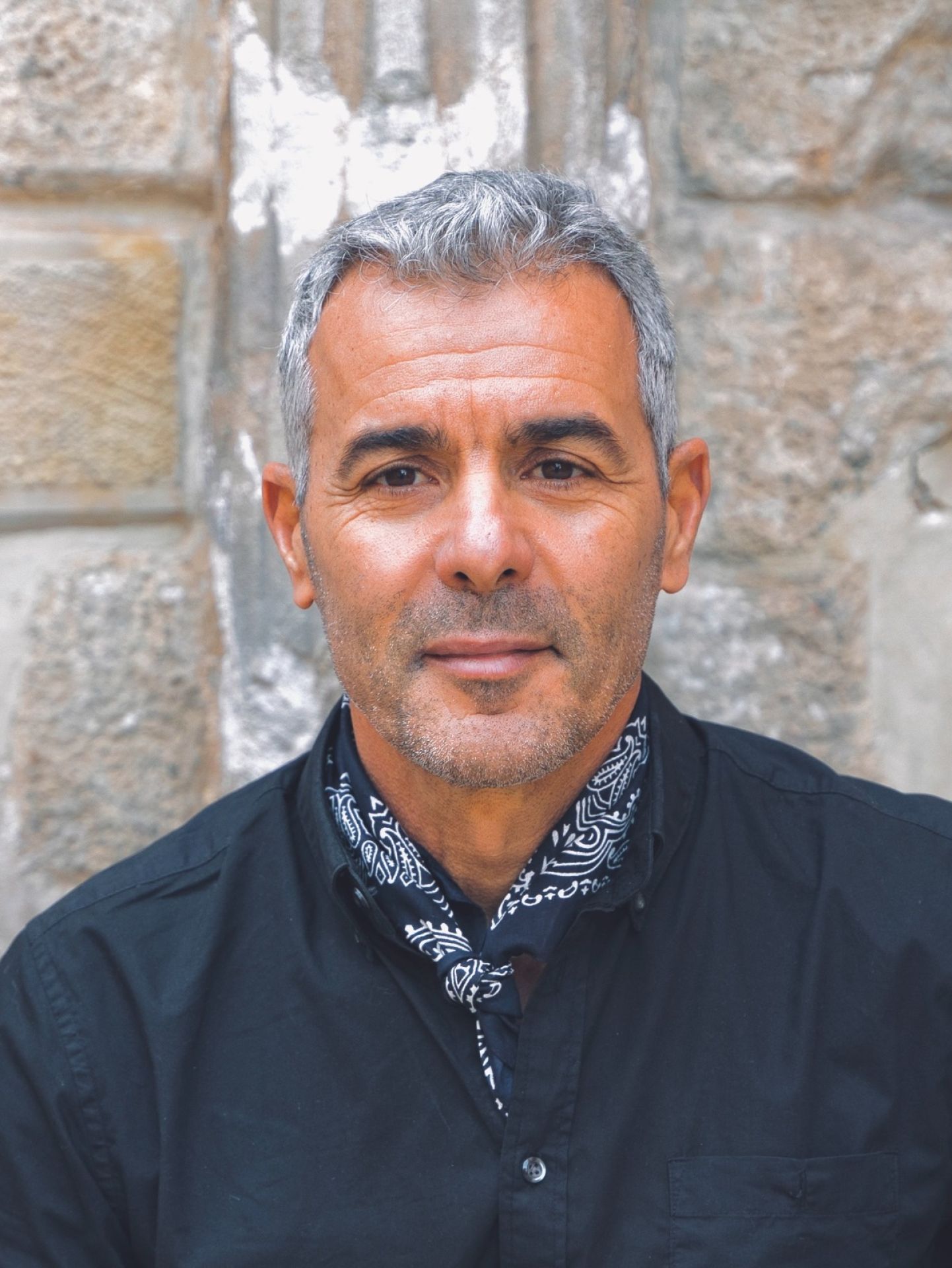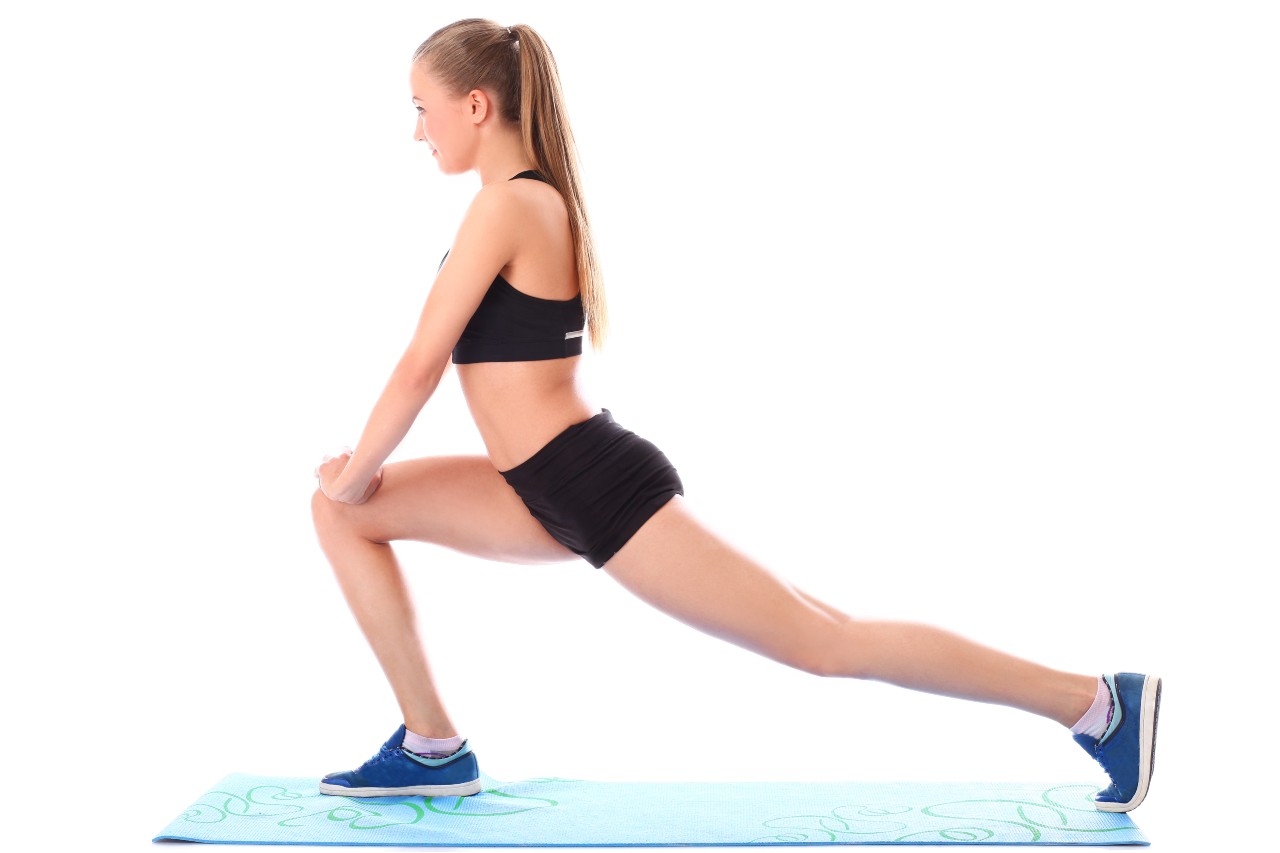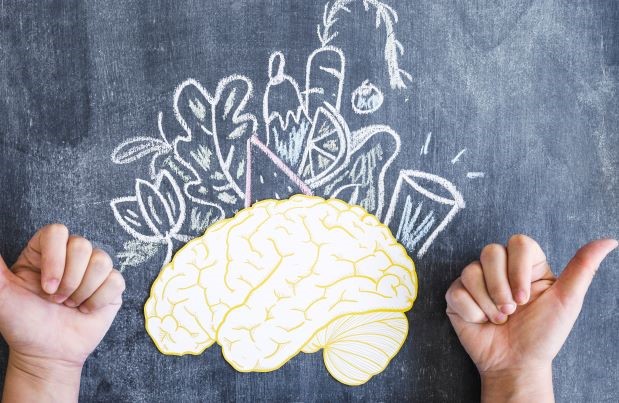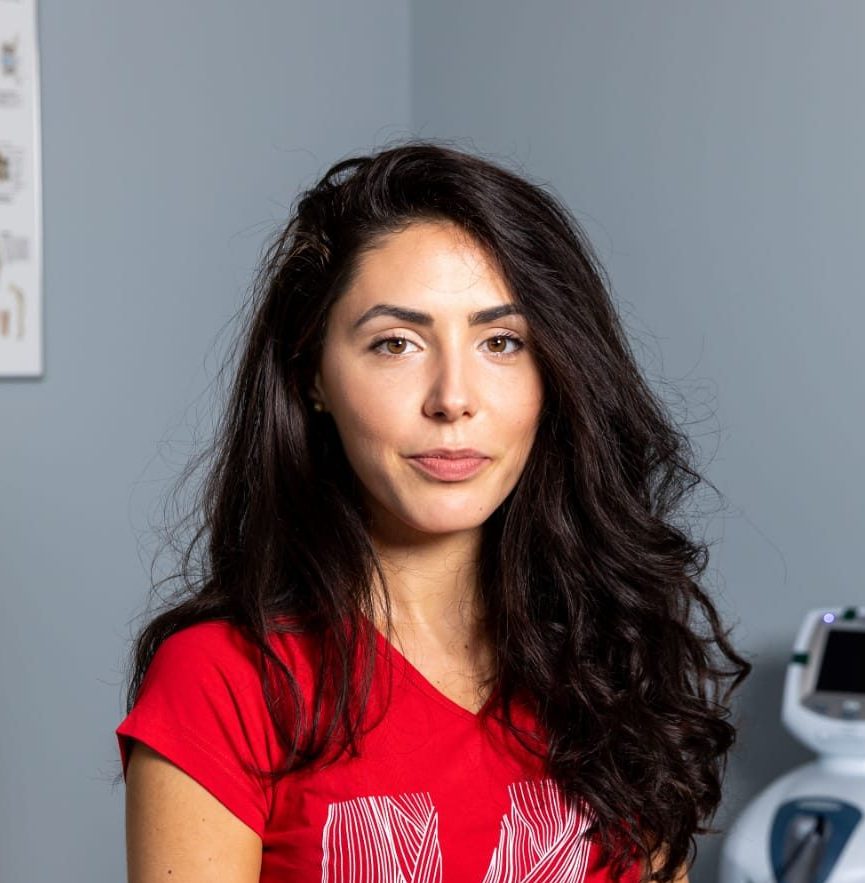Farid Alipour is an international wellness trainer, and this passion has transformed him into a true cosmopolitan: an Iranian who lived in Norway, traveled to the Himalayas to meet his yoga and meditation teachers, and then worked in over 80 countries, including Norway, Pakistan, India, Thailand, Turkey, Ecuador, Spain, the United Kingdom, Australia, and Romania.
Farid Alipour, where do you belong?
I don’t think I belong to a specific place, but I definitely feel at home in some places. Mainly, on the Asian continent.
Your qualifications include a wide range of techniques: Kung Fu instructor, Yoga, meditation, QiGong, tea ceremony, What is special about each of these techniques, what do they use us for in our daily lives?
Kung Fu teaches you to be confident, balanced, strong, flexible, precise, fast, focused, and to find balance between all of these, to connect them with your existence.
QiGong has about the same effect, because the two practices have the same roots and philosophical foundation. However, unlike Kung Fu, QiGong focuses more on what you have inside and teaches you how to control your energy, bringing you to a higher level of harmony. Kung Fu involves more effort, while QiGong means lack of effort, which is essential.
Yoga is the art of connecting with a universal consciousness and becoming one with it. Hatha-Yoga is more popular in the West, but there are several types of Yoga, intensively practiced in India, for example Bhakti-Yoga (devotion), Karma-Yoga (selfless work), Jnana-Yoga, which means understanding, contemplation and meditation. Yoga is a way to end suffering and start living without fear. The end of disillusionment and life in truth, this is Yoga.
Meditation means awareness without effort. It means seeing things as they are. When the mind is completely silent, it is able to truly see reality. All this only happens to you when you are ready, and sometimes you have to make a lot of effort. Meditation is essential in life, because otherwise we risk being consumed by fear and desires.
The tea ceremony is an art that uses tea for contemplation and meditation. It has its roots in Taoism, like the practice of Kung Fu. In fact, Kung Fu Cha is often used by Kung Fu practitioners, before and after training. It brings you clarity and concentration, while you chat with others around a tea table or it can just give you a moment of peace.
I started learning when I was 13 years old, in my hometown in Iran. I think the question I had constantly in my mind back then directed my interest towards Eastern philosophies: “What is the purpose of life?”... This question then affected all my decisions in life, and the process continues today. Finally, only after 26 years, I managed to understand that although fears and desires still arise from time to time, I myself can control them. I know that I am not lost and I know what the purpose of my existence is.
Everything I learned was due to the effort to find an answer to my question, and ironically, no practice helped me! When I felt that I no longer had the strength to try, when I was tired of everything, that was the moment when a door opened for me! True help is the unexpected and unpredictable. Just as my question came from the unknown, the answer also came from there. I became aware and was able to see myself as an observer. The effort is not over yet, because as long as we live, we must be very careful with our thoughts and actions. We must be present in every moment, let go of fears and desires. Yoga, tea, QiGong and other rituals, along with correct actions, will help us stay in balance, but they are only a tool, not the ultimate goal!
It is said that martial arts make people confident and courageous, so that they can face the difficulties of life. What is your opinion?
Of course, martial arts increase self-confidence and help us cope with life's obstacles. For example, Kung Fu means hard work. To master it properly, you need patience, energy and time to perfect it.
Why do you think people all over the world are increasingly interested in yoga, meditation and QiGong?
There can be many reasons why people are interested in these practices. In the West, Christianity, religion in general, has somewhat lost its meaning and power. It no longer manages to answer people's questions, and the absence of spirituality is acutely felt. People have lost their trust in allopathic medicine, since it is closely linked to the pharmaceutical industry, which is trying to make as much profit as possible, instead of focusing on finding cures.
It is easier, cheaper and, in some cases, more effective to find your answers and solutions on your own through the practice of Yoga or QiGong, than to wait for the help of conventional medicine. More and more scientific evidence has emerged that these practices help the body and mind to heal and prevent diseases.
Stress has become, in recent years, the common denominator in the manifestation of aggression and diseases. What is your recommendation for a person who is under pressure from the office and home?
I recommend Yoga, QiGong and a lot of meditation. First of all, it is very important to understand that health must be valued above all else! Priorities are different depending on each person. I always put my health first. Do you do the same? If not, ask yourself why! Why is it less important? Just 30 minutes of practice every day can be enough, before and after work. It would be great to set aside an hour or more, but 30 minutes is the bare minimum.
You’ve led hundreds of retreats and trainings all over the world. Have you noticed any geographical differences in the techniques that are most in demand?
Yes, Yoga works better in some places than others. For example, if you live in a mountainous area or near the sea, the cold or heat can affect your improvement, as can food or the environment. I think that wherever you are, there may be a practice that is more effective than others. Pranayama works better in a mountainous area or near the sea, because the air is purer and cleaner.
What do people want to achieve with your trainings?
Some people want to learn more about QiGong or Yoga, others are more interested in learning more about a whole food and plant-based diet or how to cook healthy.
What do people gain from attending your trainings? Will they be healthier, happier, look younger?
I can guarantee that they will be healthier. They will definitely feel younger. I hope they will be happier too!
If the interview with trainer Farid Alipour has piqued your interest in oriental techniques, you can watch an introductory QiGong video with Farid here.







